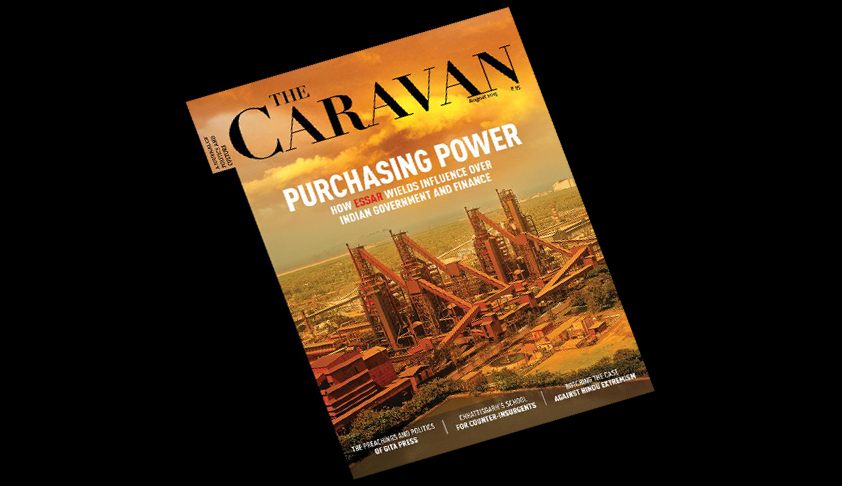SC declines Caravan’s plea to transfer 250 crore defamation case by Essar to Delhi
Apoorva Mandhani
9 Sept 2015 4:47 PM IST

Next Story
9 Sept 2015 4:47 PM IST
The Supreme Court on Tuesday reportedly denied the transfer of Essar Steel India Ltd’s Rs.250 crore defamation suit against Delhi-based magazine The Caravan. The Bench, comprising Justice Gopala Gowda and Justice Amitava Roy refused to intervene at this stage and directed Caravan to file its response in Ahmedabad Court, which is due today. The Court however granted it the liberty to...
